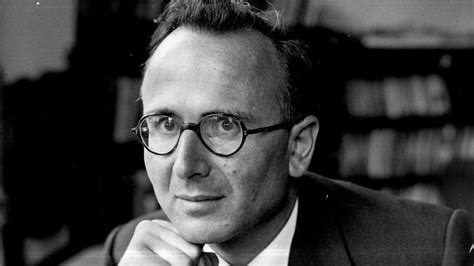A Quote by Herbert Marcuse
The criterion for free choice can never be an absolute one, but neither is it entirely relative.
Related Quotes
You can't relate to an absolute or it wouldn't be absolute, it would be relative. On an intellectual level, that's easy. However, you hear theologians in the theistic traditions talk about absolute God, and I saw God, or God spoke; speaking, being seen, these are all relational things. So what is absolute about such a being, wouldn't actually be absolute.
Allah is in Himself the non-being and the being, the inexistent and the existent. He is at the same time that which we designate by absolute non-being and by absolute being; or by relative non-being and relative being. . . . All these designation come back to God alone, for there is nothing which we can perceive, know, write or say which is not Him.
When the psychiatrist approves of a person's actions, he judges that person to have acted with "free choice"; when he disapproves,he judges him to have acted without "free choice." It is small wonder that people find "free choice" a confusing idea: "free choice" appears to refer to what the person being judged (often called the "patient") does, whereas it is actually what the person making the judgment (often a psychiatrist or other mental health worker) thinks.
Truth indeed is sacred; but, as Pilate said, "What is truth?" Show us the undoubted infallible criterion of absolute truth, and we will hold it as a sacred inviolable thing. But in the absence of that infallible criterion, we have all an equal right to grope about in our search of it, and no body and no school nor clique must be allowed to set up a standard of orthodoxy which shall bar the freedom of scientific inquiry.









































